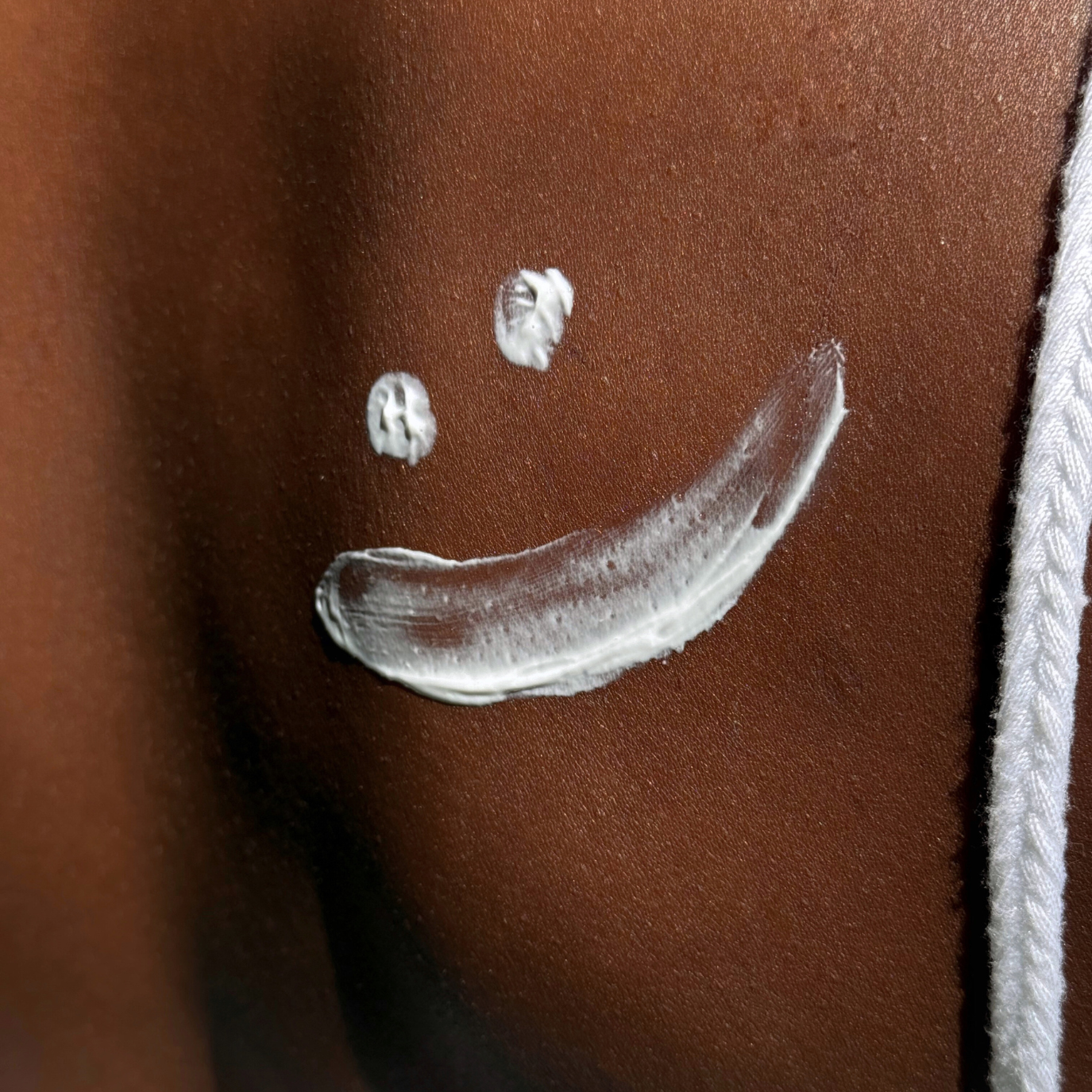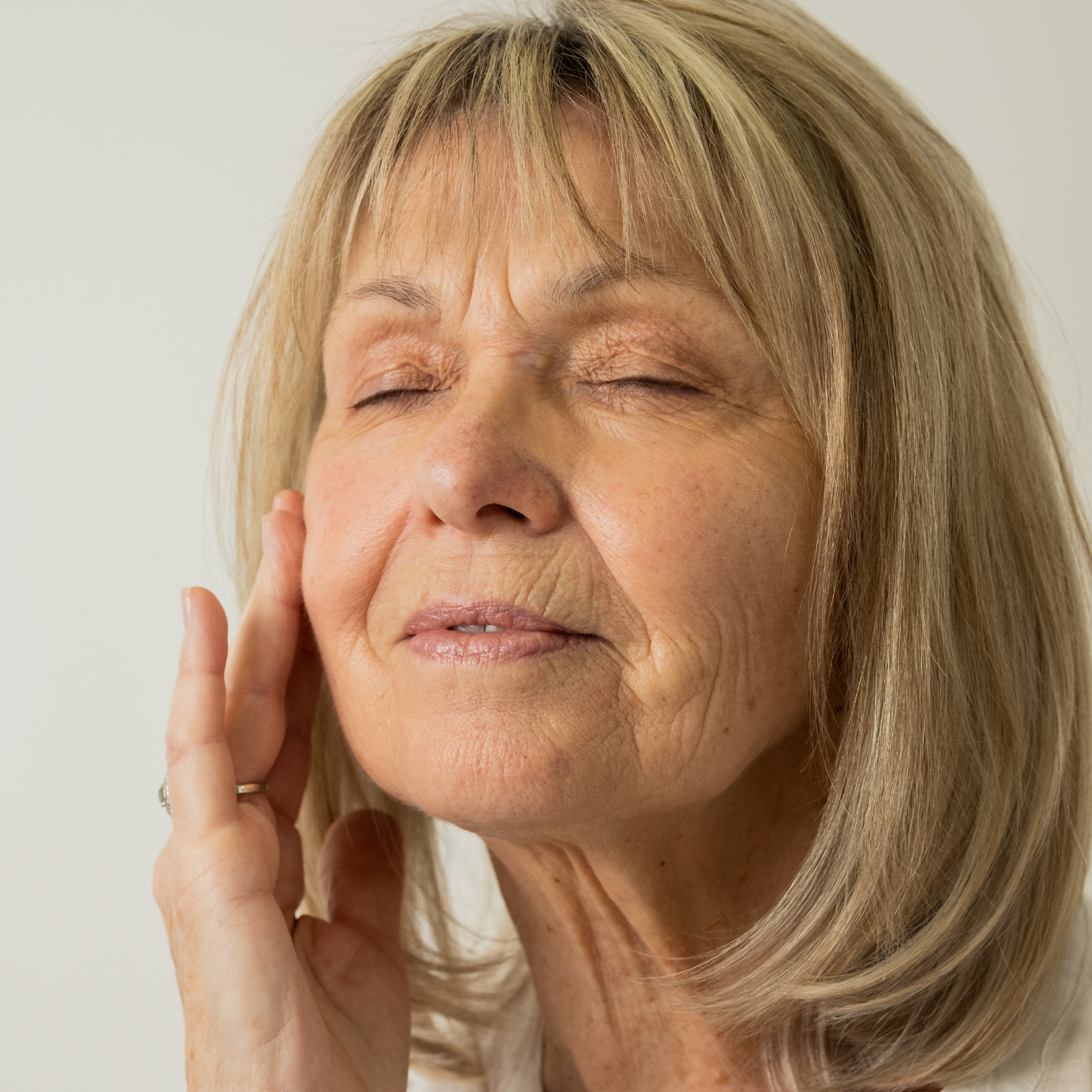
Caveman Skincare Trend: Should we really be doing nothing?
Let’s discuss a trend that’s been appearing in podcasts, YouTube rabbit holes, and minimalist skinfluencer content: Caveman Skincare. It sounds primal, rebellious, and “clean,” but what exactly is it? And more importantly, does it make sense in today’s world?
What is caveman skincare? The caveman skincare method is precisely what it sounds like: doing nothing to your skin. No products, no cleansing, no exfoliating, no sunscreen, no moisturizer. Just water; sometimes not even that. The idea is based on the belief that modern skincare is “interfering” with the skin’s natural processes. Proponents argue that if we simply left our skin alone, it would self-regulate, balance oil production, heal breakouts, and restore its barrier naturally, just like it “apparently” did for our prehistoric ancestors. It’s rooted in the theory that cavemen didn’t have serums, and they seemed to do just fine. So why should we? Here’s where things get a little murky. While it’s true that the skin has an impressive self-repair mechanism and a complex microbiome that modern products can disrupt, it’s also true that our environment has undergone drastic changes since the Paleolithic era.
Let’s dive into what we know:
- Cavemen didn’t live in cities, so their skin wasn’t exposed to modern air pollution, car exhaust, smoke, or construction dust. They also weren’t facing the same levels of UV radiation we are now, thanks to a damaged ozone layer and years of environmental change. The sun they lived under isn’t the same sun we’re living under today.
- They weren’t surrounded by artificial air; there was no indoor heating in winter or air conditioning in summer. Our skin constantly adapts to dry, recycled air that draws moisture from its barrier.
- They weren’t looking at screens for over 8 hours a day. No fluorescent lighting. No exposure to high-energy visible light (blue light) that could cause pigmentation or oxidative stress.
- Their skincare routine didn’t include makeup, sunscreen, or synthetic ingredients. They also weren’t layering 6 to 10 products, which could potentially damage their skin barrier, or using harsh actives every day.
- They lacked access to mirrors and cameras; therefore, we genuinely don’t know what their skin looked like. Maybe they had acne, rosacea, eczema, or pigmentation, but we just don’t have a visual record. What we have are bones, not selfies.
- They weren’t sleeping on chemically treated sheets or wearing synthetic fabrics that trap heat and bacteria. Our skin is constantly exposed to things they never encountered.
- They didn’t use birth control, antibiotics, antidepressants, or hormone therapy. These are common today and can significantly influence skin balance, oil production, and inflammation.
- They weren’t dealing with the chronic, low-level stressors we face today, such as tight deadlines, digital notifications, irregular sleep patterns, financial pressure, or shift work. While they experienced genuine survival stress, with episodes of acute stress, they didn’t have the ongoing background noise we live with now. Chronic stress, as we experience it today, can interfere with the skin’s immune response, slow healing, and hinder barrier repair over time.
- Their diet was unprocessed and hyper-local, consisting of whole foods, foraged berries, and animal fats. They ate no refined sugar, dairy hormones, artificial additives, or ultra-processed meals. Today’s diet greatly influences acne, sensitivity, and inflammation.
- They didn’t use retinoids, chemical exfoliants, or acne treatments, nor did they have access to SPF, antioxidant serums, or medical-grade skin repair when issues arose.
- They weren’t going through menopause in their 50s, living into their 90s, or worrying about collagen loss and hormonal aging. Most never lived past 35. Their skin didn’t have to age along with them the way ours does today.
- And most importantly, they weren’t navigating the expectations we place on skin today. There were no beauty filters, no comparison culture, and no social pressures with unrealistic expectations.
Your skin has its own microbiome, acid mantle, and barrier function. That’s all true, and we should definitely support it, not fight against it. But that doesn’t mean doing nothing.
What science tells us:
- Cleansing with a gentle, pH-balanced cleanser helps remove environmental toxins, sweat, oil buildup, and bacteria.
- Moisturizing helps repair the barrier and minimizes transepidermal water loss, especially in harsh climates and after procedures.
- Sunscreen is essential. UV radiation is the primary cause of premature aging, pigmentation, and skin cancer.
- Exfoliation (done wisely) helps prevent clogged pores and promotes skin renewal.
The caveman skincare trend completely ignores all of this.
Many people attempting to follow caveman skincare are responding to the overuse of products, especially harsh ones, including cleansers, excessive actives, and sensitizing ingredients. They’ve damaged their barrier and need to reset it. Ok, that’s fair; however, while going back to basics can sometimes help, it doesn’t mean you have to abandon all logic. Think of it like nutrition: if you’ve overdone it on processed food, the answer isn’t to stop eating. It’s to return to whole, balanced choices.
BSE’s 2025 take (not living in 25,000 BC): while we enjoy a good skin detox as much as anyone else and support minimalism, barrier repair, and giving the skin a chance to breathe, let’s not romanticize cavemen. We don’t even know what their skin looked like. We don’t know if they had cystic acne, rosacea, or chronic dermatitis. And if they did, they wouldn’t have had options other than natural remedies. So why are we holding them up as a gold standard? We live in a different world with unique stressors, pollution levels, and life spans. Your skin requires support tailored to your life, not theirs. So if the caveman trend has tempted you, ask yourself this: Are you interested because your skin is overworked? Or are you chasing an ideal that never truly existed?
We agree your skin doesn’t need a 12-step routine, but it also doesn’t want to be completely neglected. It requires intelligent support with ingredients that respect your skin barrier, work in harmony with your biology, and align with your lifestyle, concerns, and goals. If you’re feeling overwhelmed or your skin is reactive, we recommend seeing a skincare expert, such as an esthetician or medical provider. Have your skin analyzed without makeup and under a magnifying glass (AKA loop). Then build a plan that makes sense for your age, concerns, environment, goals, and budget.
Skin health isn’t about chasing trends. It’s about tuning in and taking care, with patience, precision, and a little bit of perspective.
Until next time,
Beate von Huene











Leave a comment